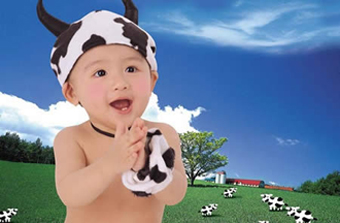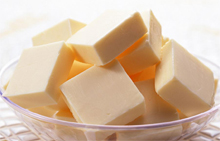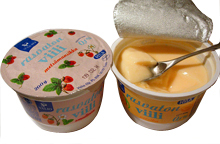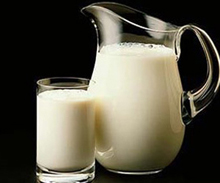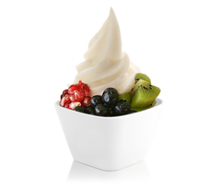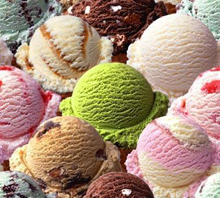
| What is dairy product? Dairy products are generally defined as food produced from the milk of mammals (the Food Standards Agency of the United Kingdom defines dairy as "foodstuffs made from mammalian milk"). They are usually high energy-yielding food products. A production plant for the processing of milk is called a dairy or a dairy factory. Apart from breastfed infants, the human consumption of dairy products is sourced primarily from the milk of cows, yet goats, sheep, yaks, camels, and other mammals are other sources of dairy products consumed by humans. | |
| Types of dairy products: | ||
| | | |
| | | |
| Cheese Cheese consists of proteins and fat from milk, usually the milk of cows, buffalo, goats, or sheep. It is produced by coagulation of the milk protein casein. Typically, the milk is acidified and addition of the enzyme rennet causes coagulation. The solids are separated and pressed into final form. Some cheeses have molds on the rind or throughout. Most cheeses melt at cooking temperature. Viili Viili (Finnish viili, Swedish fil) is a type of yogurt (a mesophilic fermented milk) that originated in the Nordic countries. It has a ropey, gelatinous consistency and a pleasantly mild taste resulting from lactic acid. This cultured milk product is the results of microbial action of lactic acid bacteria (LAB) and a surface-growing yeast-like fungus Geotrichum candidum present in milk, which forms a velvet-like surface on viili. Butter Butter is a dairy product made by churning fresh or fermented cream or milk. It is generally used as a spread and a condiment, as well as in cooking, such as baking, sauce making, and pan frying. Butter consists of butterfat, milk proteins and water. Milk Milk is a white liquid produced by the mammary glands of mammals. It is the primary source of nutrition for young mammals before they are able to digest other types of food. Early-lactation milk contains colostrum, which carries the mother's antibodies to the baby and can reduce the risk of many diseases in the baby. It also contains many other nutrients. Yogurt Yogurt or yoghurt or yoghourt (/ˈjoʊɡərt/ or /ˈjɒɡərt/; other spellings listed below) is a dairy product (soy milk, nut milks, such as almond milk, and coconut milk can also be used) produced by bacterial fermentation of milk. The bacteria used to make yogurt are known as "yogurt cultures". Fermentation of lactose by these bacteria produces lactic acid, which acts on milk protein to give yogurt its texture and its characteristic tang. Ice cream Ice cream (derived from earlier iced cream or cream ice) is a frozen dessert usually made from dairy products, such as milk and cream, and often combined with fruits or other ingredients and flavours. Most varieties contain sugar, although some are made with other sweeteners. |
| Concerns About Dairy Product Health Dairy products can cause health issues for individuals who have lactose intolerance or a milk allergy. Some dairy products such as blue cheese may become contaminated with the fungus Aspergillus fumigatus during ripening, which can trigger asthma and other respiratory problems in susceptible individuals. Dairy products if consumed after the expiry date can cause serious heart problems. | |
| Vegan advocates, such as John A. McDougall, Caldwell Esselstyn, Neal D. Barnard, Dean Ornish, Michael Greger, and T. Colin Campbell, have argued that high animal fat and protein diets, such as the standard American diet, are detrimental to health, and that a low-fat vegan diet may both prevent and reverse degenerative diseases such as coronary artery disease and diabetes. Avoidance of Dairy Products Some groups avoid dairy products for non-health related reasons: Religious - Some religions restrict or do not allow for the consumption of dairy products. For example, some scholars of Jainism advocate not consuming any dairy products because dairy is perceived to involve violence against cows. Strict Judism requires that meat and dairy products are not served at the same meal, served or cooked in the same utensils, or stored together as prescribed in Deuteronomy 14:21. Ethical - Veganism is the avoidance of all animal products, including dairy products, most often due to the ethics regarding how dairy products are produced. The ethical reasons for avoiding dairy include how dairy is produced, how the animals are handled, and the environmental effect of dairy production.
| |
| There are what In Made-in-china.com? | ||
| | | |
